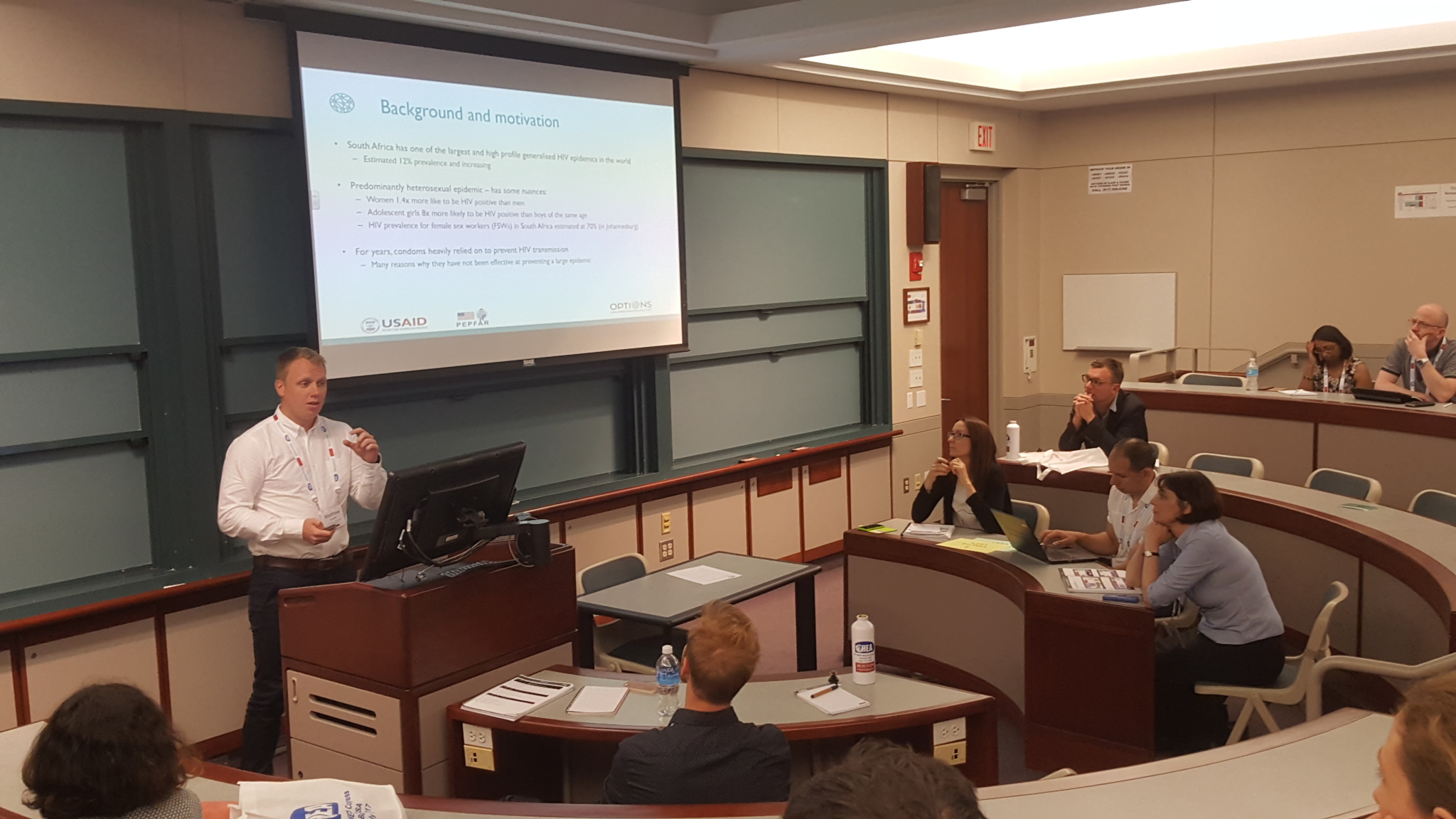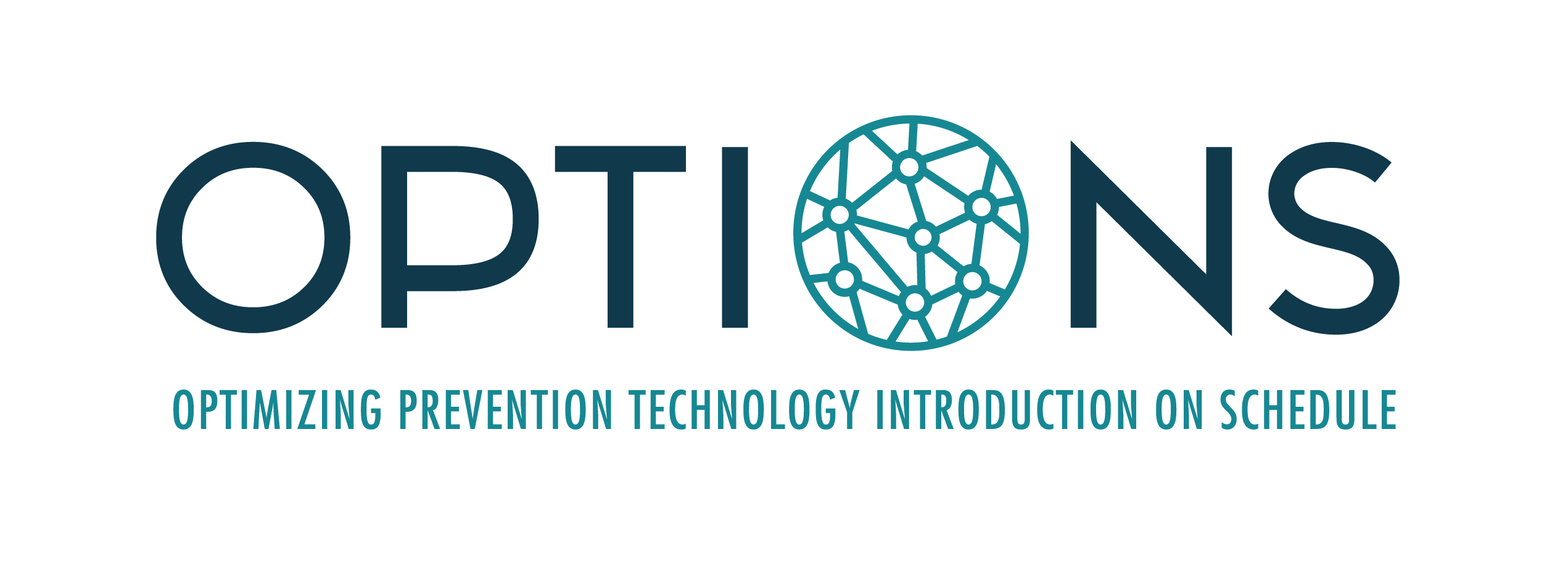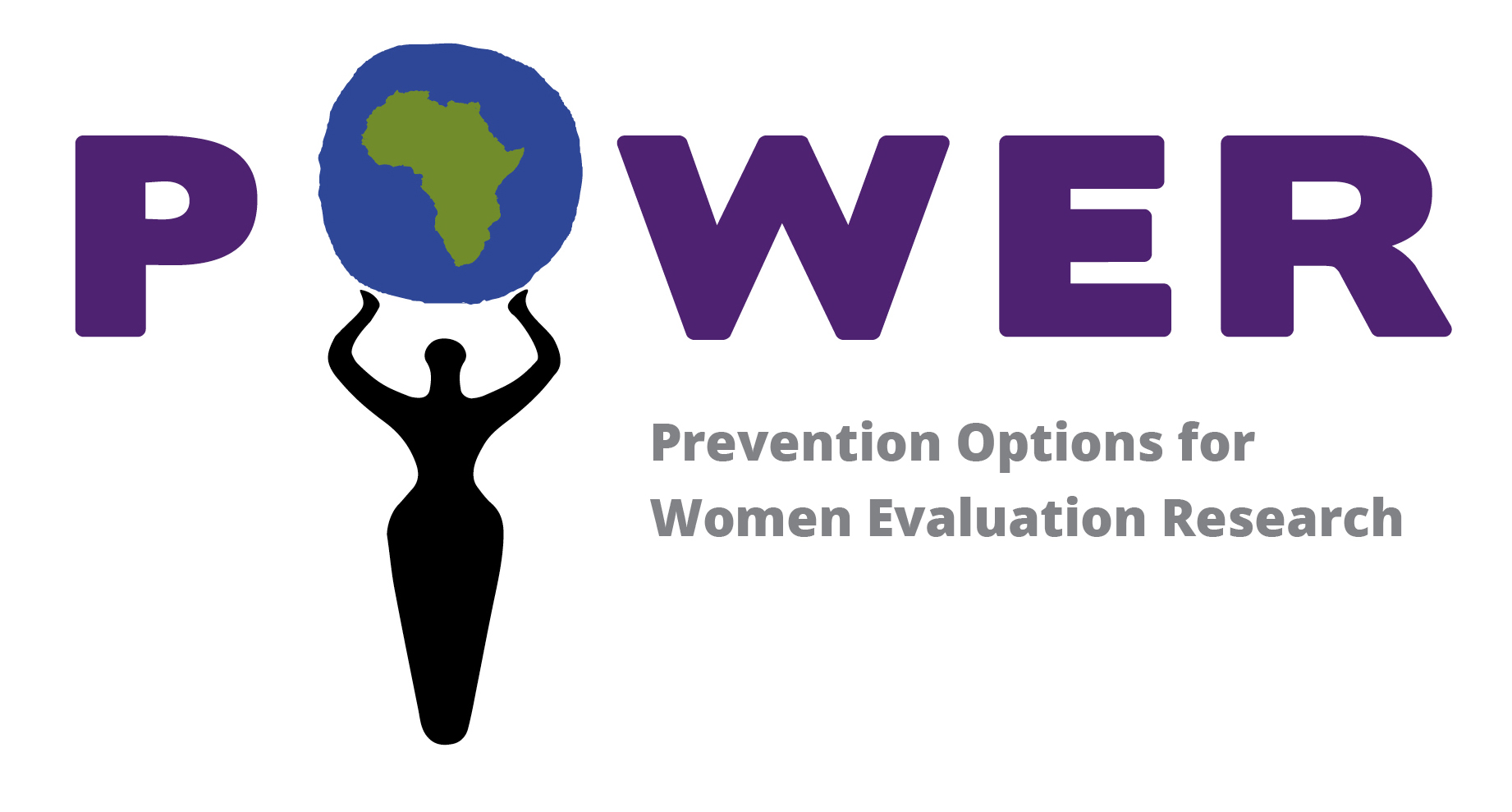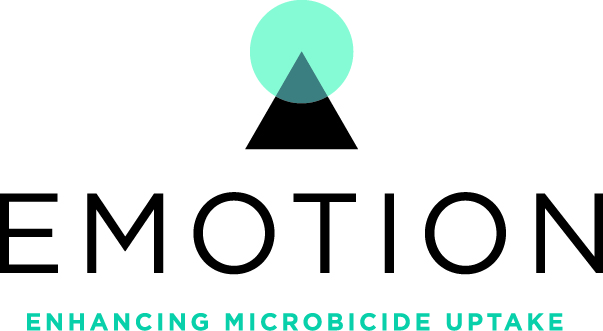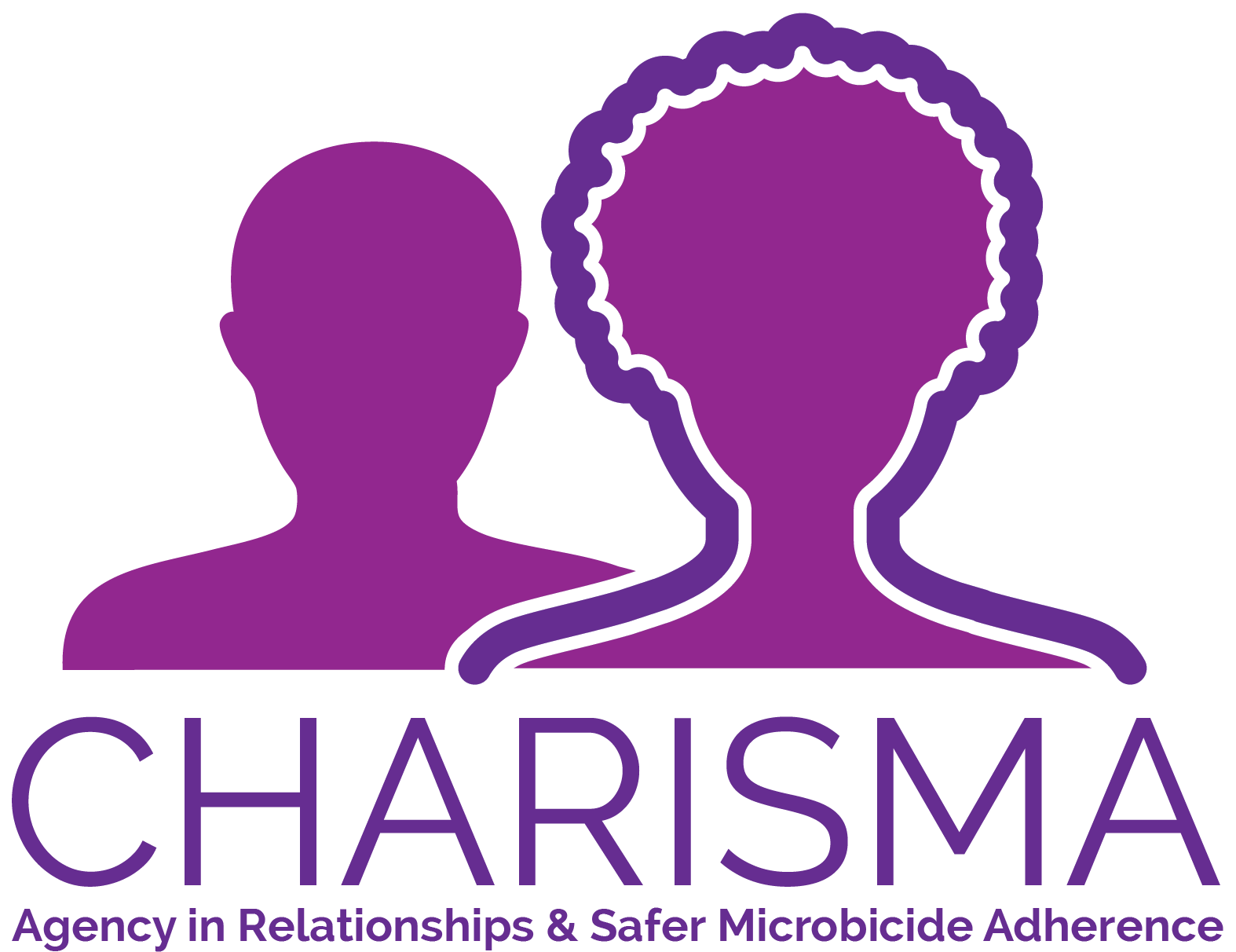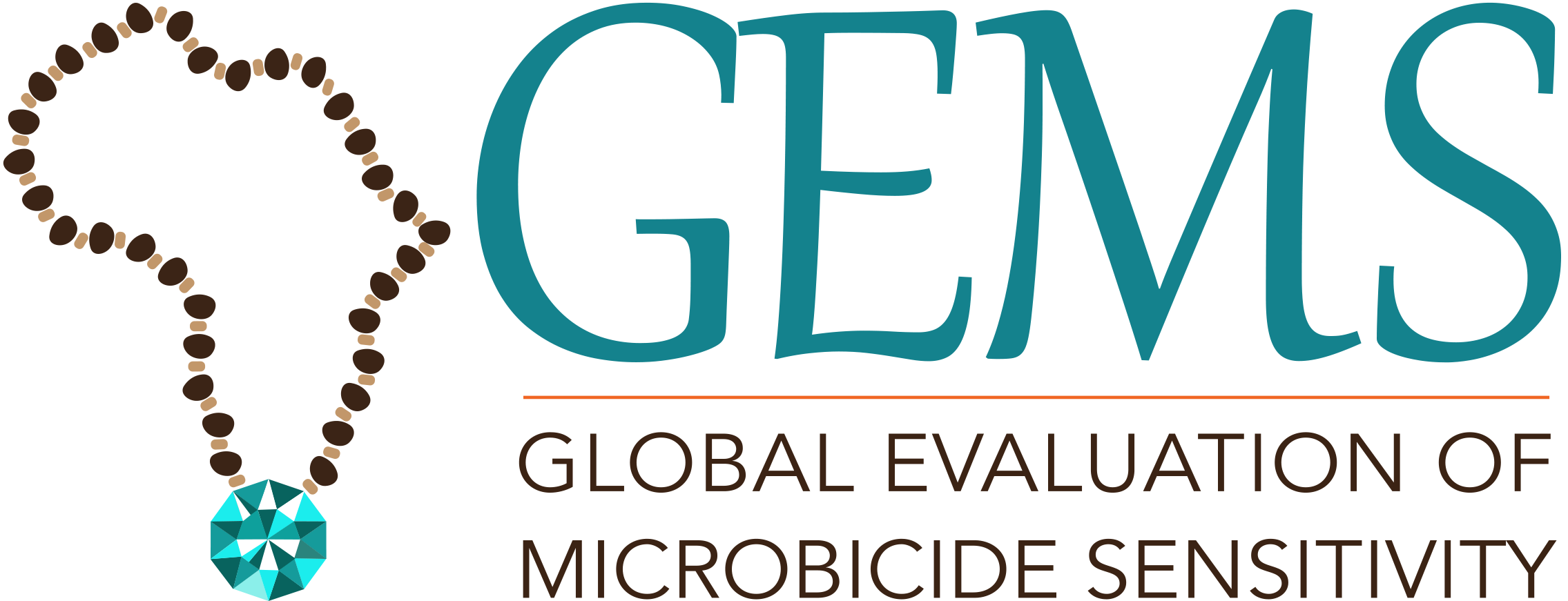The OPTIONS Consortium objective is to develop a streamlined, adaptable product delivery platform for current and future ARV-based HIV prevention options, with a particular focus on women.
Plan 4 PrEP Toolkit offers support for oral PrEP introduction. OPTIONS, with work led by FSG, recently created Plan 4 PrEP: Toolkit for Oral PrEP Implementation to support national planning for oral PrEP rollout. The toolkit was developed based on experiences in South Africa, Kenya, and Zimbabwe, where OPTIONS supported the Ministries of Health and technical working groups (TWGs) in each country to develop a strategy for oral PrEP introduction. For example, Kenya recently launched oral PrEP at a national level and utilized these tools to support the planning. Plan 4 PrEP includes four steps. Implementers may use all four steps to guide the entire planning process or use only specific parts. Either way, it helps answer the tough questions that must be considered when preparing for oral PrEP introduction. The toolkit is particularly useful for policy makers, TWGs, or others planning for oral PrEP introduction at the national or sub-national level. In addition, it’s a useful tool for implementing partners and advocates pursuing oral PrEP rollout.
OPTIONS and IPM collaborate to make the case for the dapivirine ring. In close collaboration with IPM and other initiatives, OPTIONS developed a case for action for further investment in the dapivirine ring by global stakeholders. Led by FSG, OPTIONS used existing clinical trial and cost data, as well as impact modeling conducted by Avenir, to show why the dapivirine ring would be beneficial for adolescent girls and young women. It also highlights critical next steps for the ring.
Private sector landscape analysis supports country governments with oral PrEP implementation. While the majority of planned oral PrEP delivery will continue to be through the public sector, a significant number of women and girls at risk for HIV may prefer to access health services through the private sector. To support planning by country governments, international donors, and implementing agencies in Kenya, South Africa, and Zimbabwe, OPTIONS conducted a private sector landscape analysis to better understand the opportunities and considerations for delivering oral PrEP through the private sector. This work, conducted by FSG, includes a summary, along with analyses for Kenya, South Africa, and Zimbabwe. The analysis examines two major questions for each country:
- To what extent and why do women and girls at risk for HIV use private sector health services
- What are the opportunities and considerations for delivering oral PrEP through private sector channels for at-risk women and girls?
Community dialogues in Zimbabwe aim to understand oral PrEP readiness. In August, Pangaea started conducting oral PrEP community dialogues to help better understand perceptions, facilitators, and barriers that may influence oral PrEP delivery and use. More than 20 dialogues with adolescent girls and boys, adults, young people, female sex workers, people living with HIV, and religious and political leaders, among others were conducted. Information derived from the dialogues will be incorporated into the country’s oral PrEP implementation plan.
Regional guide for PrEP communications being developed. Market intelligence is underway in Kenya with AGYW, female sex workers, and serodiscordant couples to inform the content of the PrEP Communications Accelerator. The Accelerator will give governments, NGOs, and key stakeholders effective strategies and resources for developing communications to drive awareness, consideration, usage, and advocacy around PrEP in sub-Saharan Africa. Currently, OPTIONS is holding stakeholder interviews to get feedback on its utility, identify resource needs, and determine possible formats, while awaiting the completion of the market intelligence. Following the qualitative and quantitative outputs, McCann will develop the content for the Accelerator, with a goal of launching it in early 2018.
South Africa expands oral PrEP launch to six more sites. As of August 2017, South Africa has expanded oral PrEP implementation, as a part of combination HIV prevention, to 17 facilities working with high risk populations. Plans are underway to grow the number and diversity of sites providing PrEP. A consortium of partners continues to provide support to the National Department of Health and implementing sites for training, IEC material development and distribution, and monitoring and evaluation, among other items.
Operations research and KAP survey protocols approved. In South Africa, the ACCESS operations research protocol was approved by the local IRB and will begin data collection in September. ACCESS (Advancing PrEP: Comprehensive and Combined Evaluation of Services for Sex workers and Men who have sex with men (MSM)), which is co-funded by CHAI, will work to identify barriers and enablers to oral PrEP uptake, retention, and adherence in South Africa. In Kenya, South Africa, and Zimbabwe, the protocols for the provider knowledge, attitudes, and practices (KAP) surveys have been submitted to local ethics committees and will be submitted to the FHI360 IRB. The surveys focus on healthcare providers’ experiences when delivering oral PrEP or other reproductive health services. The results for South Africa will be available towards the end of 2017 and used to improve provider training on PrEP delivery. Zimbabwe is currently addressing comments from the medical council, then will resubmit the KAP protocol. Data collection is anticipated to be completed by November 2017.
New Resources Added to PrEPWatch. In addition to the Plan 4 PrEP Toolkit, dapivirine ring case for action, and private sector landscape analysis mentioned above, other resources have recently been added to PrEPWatch. The South Africa Implementation Pack provides a comprehensive overview of the country’s rollout of oral PrEP, from policy creation and site selection, to communications materials and M&E reporting processes. All materials used in the launch of oral PrEP to sex workers are included as well. It’s available on both the MPii Tools & Resources page and the South Africa Country close-up page. Additionally, a Landscape Analysis of Oral PrEP for Adolescent Girls and Young Women in Kenya was just completed. This analysis explores two topics. First, it investigates which questions will be addressed by the current slate of ongoing or planned demonstration projects. Second, it outlines which questions will remain unresolved. The analysis will be used to make decisions about investments in additional research (if needed). A similar analysis for South Africa is available as well.
